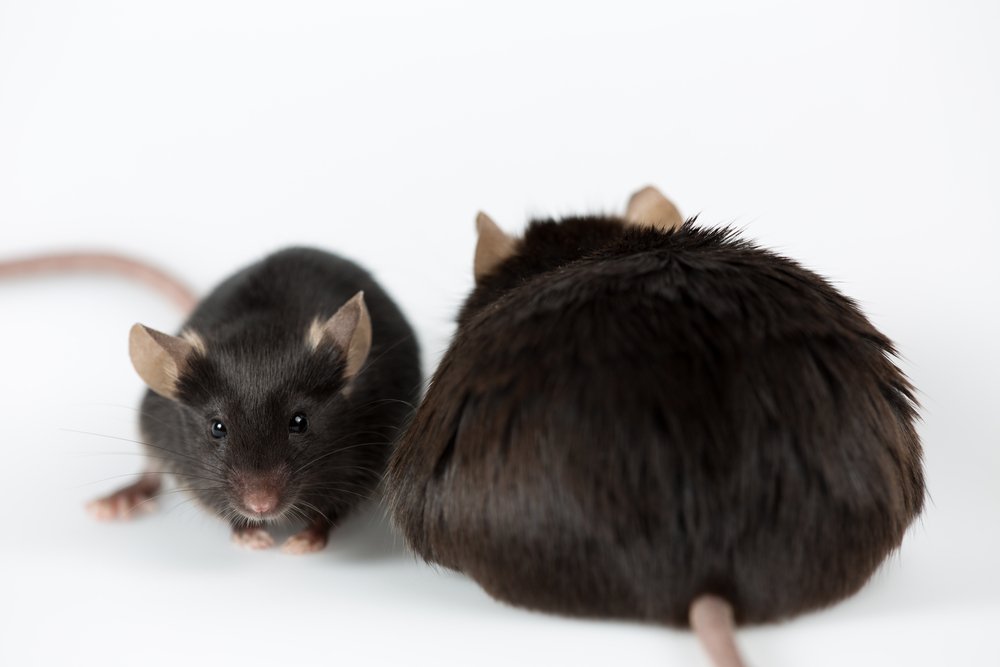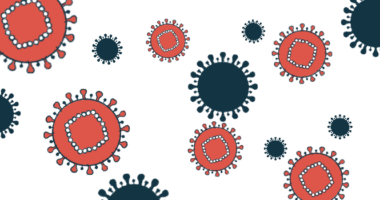Blocking 2 Types of Immune Cells Seen to Prevent NASH in Mice, Raising Hope of Treatment

Nonalcoholic steatohepatitis, or NASH, might be prevented by treatments able to target certain immune cells, according to a recent study in mice which demonstrated that the condition has an inflammatory basis.
Researchers discovered that a high-fat diet caused natural killer (NK) cells and CD8 T-cells, both inflammatory, to move into the liver. Blocking NK-cells prevented both obesity and liver disease in the mice, while T-cell depletion protected only against NASH.
The study, “Hepatic natural killer T-cell and CD8 T-cell signatures in mice with nonalcoholic steatohepatitis,” was published in the journal Hepatology Communications.
“The rise in obesity has led to an epidemic of fatty liver disease in both children and adults,” Rohit Kohli, MBBS, MS, and senior author of the study, said in a press release.
“However, only a smaller number of these individuals will develop the most severe form of this disease known as nonalcoholic steatohepatitis or NASH,” added Kohli, who is also head of the division of Gastroenterology, Hepatology and Nutrition at Children’s Hospital Los Angeles and an associate professor of Pediatrics at the Keck School of Medicine at the University of Southern California.
Metabolic disturbances are believed to play a role in NASH development. The research team homed in on these two types of immune cells based on their involvement in fat tissue inflammation in patients with insulin resistance.
To learn how the cells contribute, the researchers fed mice high-fat, high-carbohydrate foods, mirroring the composition of a Western diet. After 16 weeks, the mice were obese and their livers inflamed, with higher numbers of NK-cells and CD8 T-cells.
At this point, the team could not tell how the two cells contributed to disease development. So they first repeated the experiments in mice that lack NK-cells. After 16 weeks on the diet, the mice retained a normal weight, and showed no signs of liver disease.
When the experiment was repeated in animals without T-cells, outcomes were slightly different. These mice became obese, but they too did not develop NASH. A lack of T-cells also led to lower numbers of immune macrophage cells in the liver, and less fibrosis.
But results in mice and humans might differ. So to test the relevance of their mouse findings, researchers analyzed liver samples from NASH patients. Just as in the mice, they found CD8 type T-cells, but no NK-cells. Researchers, however, believe that the NK-cell infiltration might be a transient feature, appearing earlier in the disease process.
“Our findings will help to focus attention on certain inflammatory cell types that appear to be critical to the development of severe liver disease and move us closer to development of a treatment,” Kohli said.



